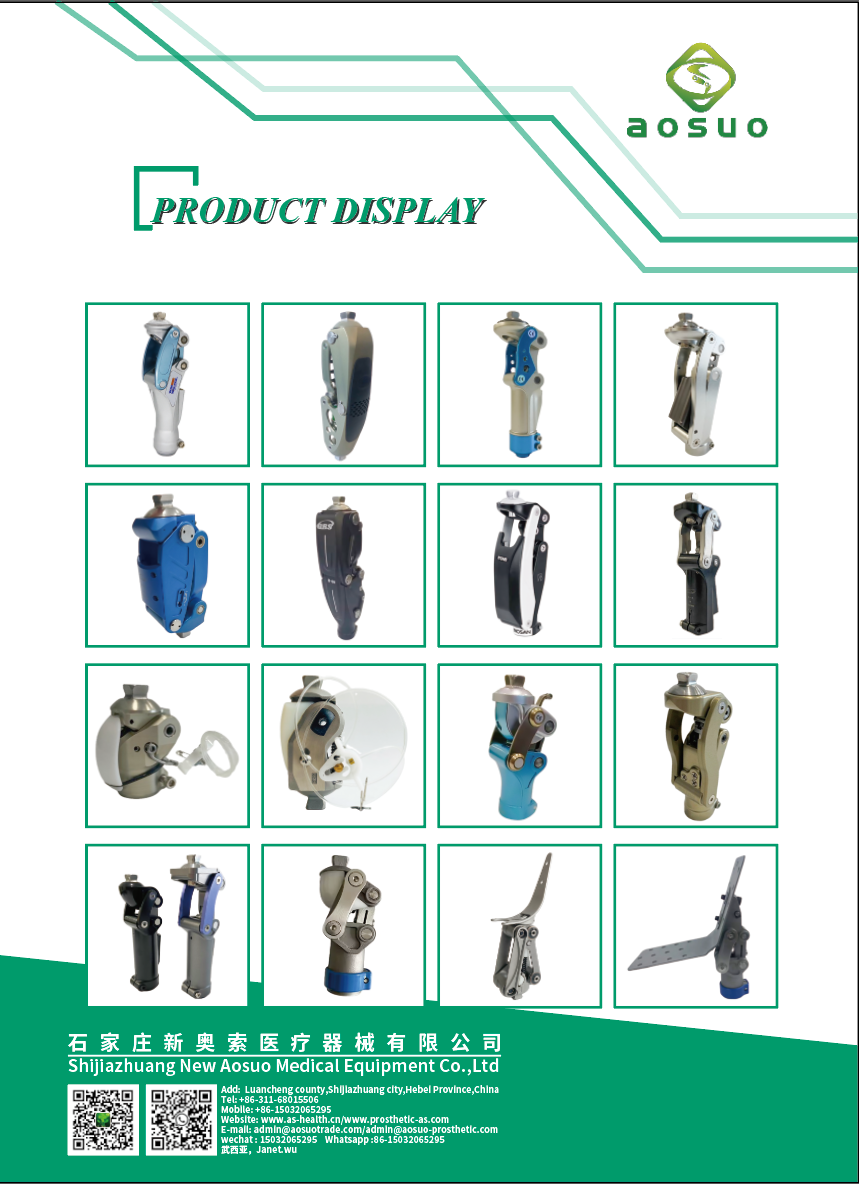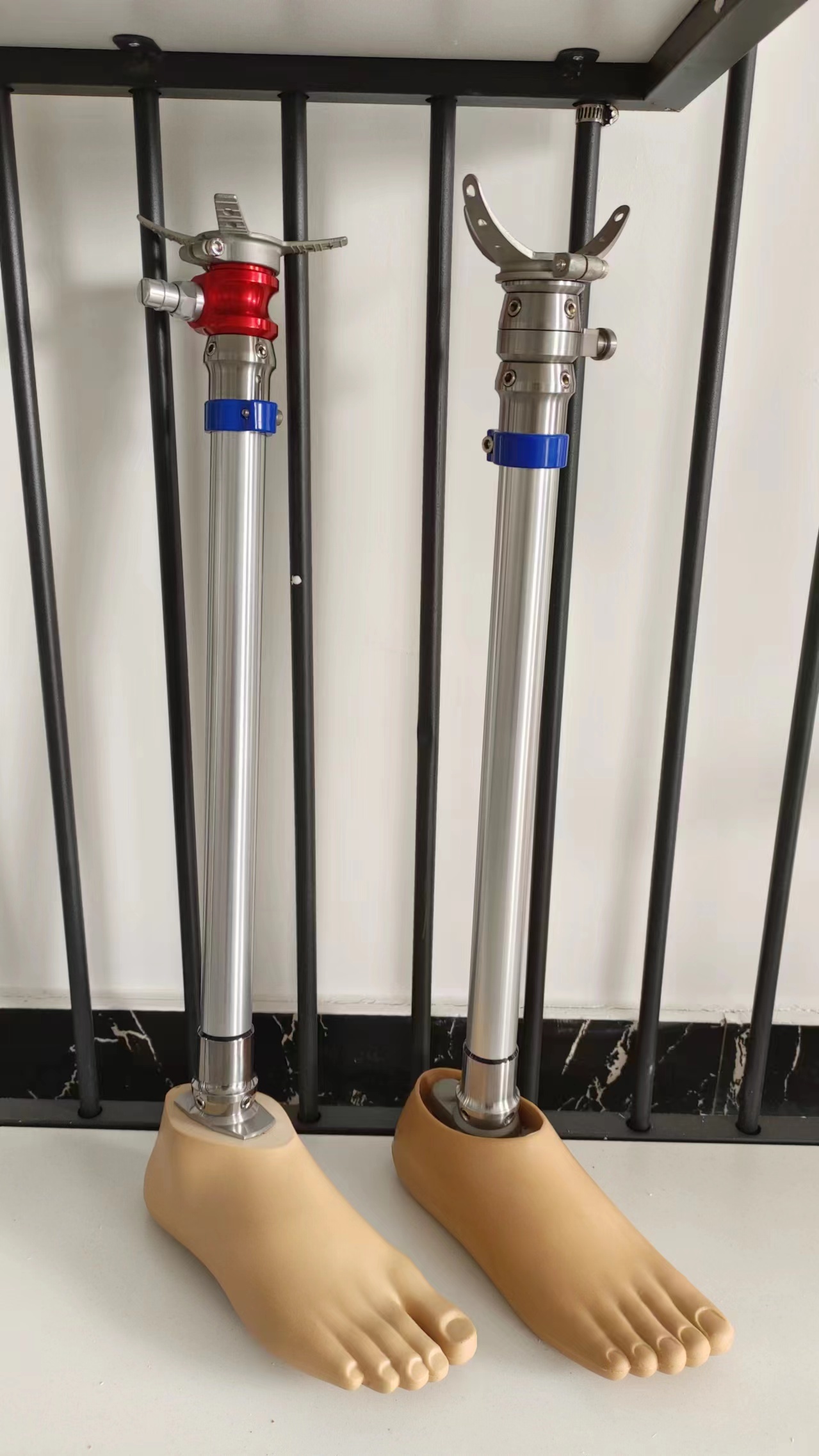Understanding the Role of Medical Prosthetic Implants in Modern Healthcare
Release Time:
Apr 28,2025
Medical prosthetic implants play a crucial role in enhancing the quality of life for individuals who have experienced loss of limbs or significant bodily functions due to trauma, congenital conditions, or medical diseases. These implants are designed to replace or support the function of missing or damaged body parts, thereby restoring mobility, functionality, and independence to patients. One of
Medical prosthetic implants play a crucial role in enhancing the quality of life for individuals who have experienced loss of limbs or significant bodily functions due to trauma, congenital conditions, or medical diseases. These implants are designed to replace or support the function of missing or damaged body parts, thereby restoring mobility, functionality, and independence to patients.
One of the most significant advancements in the field of medical prosthetic implants is the integration of sophisticated materials and technologies. Modern prosthetics often utilize lightweight, durable materials such as carbon fiber and titanium, which not only enhance the strength and longevity of the implant but also improve comfort for the user. Additionally, advancements in 3D printing technology have enabled the customization of implants, allowing for a more precise fit that caters to the specific anatomical needs of individual patients.
The development of bionic prosthetics is another exciting area in the realm of medical prosthetic implants. These devices are equipped with sensors and motors that can mimic natural movement, providing users with greater control and functionality. For instance, myoelectric prosthetic limbs utilize electrical signals generated by muscle contractions to operate the prosthetic, offering a more intuitive user experience. This integration of technology significantly enhances the mobility and dexterity of the wearer, allowing them to engage in daily activities with greater ease.
Furthermore, medical prosthetic implants are increasingly being designed with a focus on improving patient rehabilitation. The combination of physical therapy and advanced prosthetic technology can accelerate recovery times and enhance overall outcomes. Rehabilitation programs tailored to the specific needs of patients can help them adapt to their new implants and regain the strength and confidence needed for everyday activities.
The psychological impact of medical prosthetic implants should not be overlooked either. For many patients, the ability to regain mobility and independence can lead to significant improvements in mental health and overall well-being. Support groups and counseling services are often recommended to help patients navigate the emotional challenges associated with transitioning to life with a prosthetic device.
In conclusion, medical prosthetic implants are an integral part of modern healthcare, offering innovative solutions that improve the quality of life for countless individuals. As technology continues to advance, we can expect to see even more breakthroughs in this field, further enhancing the effectiveness and accessibility of these vital medical devices.
Keywords:
You Can Also Learn More About Industry Trends







